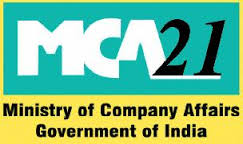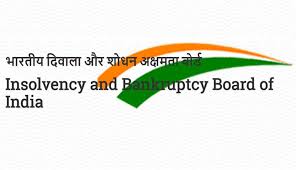
A major relief has been granted to around 1.2 million companies, by MCA granting extension of 3 months for holding annual general meeting.
The MCA had earlier allowed companies to hold virtual AGMs due to Covid-19. However, companies were finding it difficult to complete the audit functions and finalize the annual reports.
The Companies with AGM due date as 30.09.2020 can now conduct their AGM by 31.12.2020, as per MCA.
There is no need of separate application in form GNL-1 for extension.
Below are the excerpt of the extension notification by the various ROCs.
Section 96 of the Companies Act 2013 provide that every company other than a One Person Company , shall in each year hold an a general meeting as its Annual General Meeting (AGM) and shall specify the meeting as such in the notices calling it and not more than fifteen months shall elapse between the date of one AGM of a company and that of the next
And WHEREAS the first proviso of section 96 of the Act provides that in case of the first AGM, it shall be held within a period of nine months from the date of closing of the first financial year of the company and in other case, within a six months, from the date of closing of the financial year
And WHEREAS, the third proviso to Sub-section (I) of section 96 of the Act provides that the Registrar may, for any special reason, extend the time within which any annual general meeting, other than the first annual general meeting, shall As held, by a period not exceeding three months
And WHEREAS, various representations have been received from the companies, bodies and Professional Institutes pointing out that several companies are finding it difficult to hold their AGM for the financial year ended on 31.03.2020 due to the difficulties faced in view of the COVID 19 pandemic
And WHEREAS, the representations have been considered and the undersign is of the considered opinion that due to such unprecedented special reasons, the time within which the AGM for the financial year ended on 31.03.2020 is required to be held as per provisions to be extended
The undersigned hereby extend the time to hold the AGM, other than the first AGM, for the Financial year ended 31.03.2020 for companies that are unable to hold their AGM within due date of holding or period of three months from the due date are extended without companies requiring to file GNL 1 Form.
The approval for extension of AGM upto 3 months from the due date of AGM shall be deemed to have been granted by the undersigned without any further action on the part of Company.
The MCA issued directions to the registrar of companies (ROCs) to issue orders to even those who have not filed formal applications to this effect. Even those applications, which have already already filed, but not approved, or rejected, are also covered under this relief, MCA said in a release.



